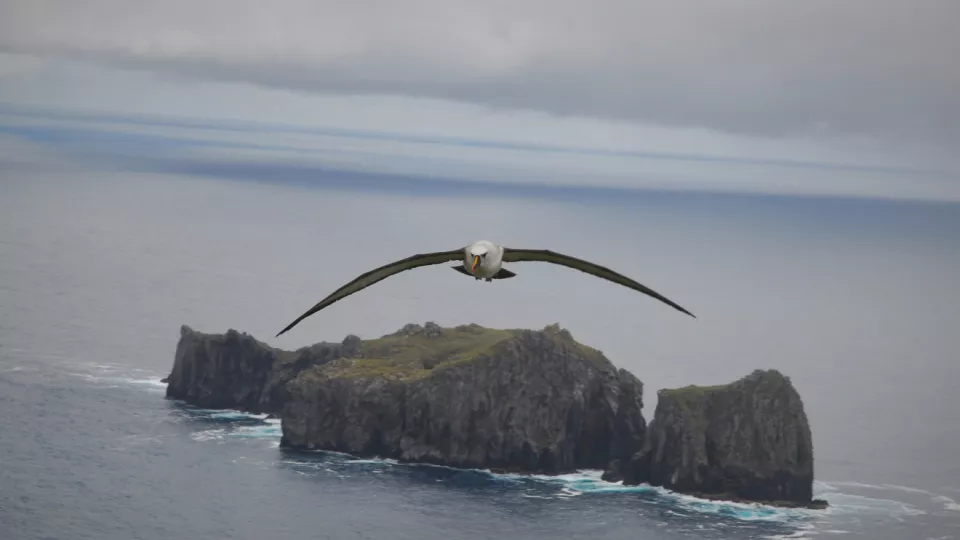In the new study, published in the research journal Science, a research team investigated how human activity has impacted the vegetation and biodiversity of the islands. In total, 27 remote islands and archipelagos all over the world were the subject of specialised study, including Tristan da Cunha, Nightingale Island and the Azores.
By analysing pollen from lake sediments on the islands, the researchers managed to reconstruct how the vegetation has changed over the past 5000 years. Thanks to this unique long-term perspective, the researchers were then able to study the impact of human activity on the ecosystems.
“The islands’ ecosystems have changed 11 times more due to human activity than due to natural factors. Our study also shows that the islands would probably not return to their natural state even if all human impact were to cease”, says Karl Ljung, geology researcher at Lund University.
The research community has previously known that humans have contributed to changes in the islands’ ecosystems. But that this happened so rapidly, led to such a major impact, and that the systems did not recover is completely new knowledge.
“Colonisation has led to a very high turnover of species. And the later humans stepped in, the greater their effect on the vegetation. Our study quite simply shows that the ecosystems of islands are very vulnerable to human impact”, says Karl Ljung.
So how can the new results be utilised? Unlike direct observations of the islands’ ecosystems, the perspective over thousands of years can provide important keys to understanding and managing the future changes we are facing. The new results can be used to acquire knowledge about how best to preserve and restore vulnerable ecosystems.
“It is particularly important on remote islands, where the ecosystems are affected by invasive species, the climate, land use and changes to the sea level. The effects can be dramatic and utterly crucial to subsistence, agriculture and water supply. This knowledge is necessary to secure a sustainable future”, says Karl Ljung.
Besides Lund University, just over 20 higher education institutions and organisations from Europe, Australia and New Zealand took part in the research.
The study is published in the research journal Science.
Read the study – sciencemag.org
